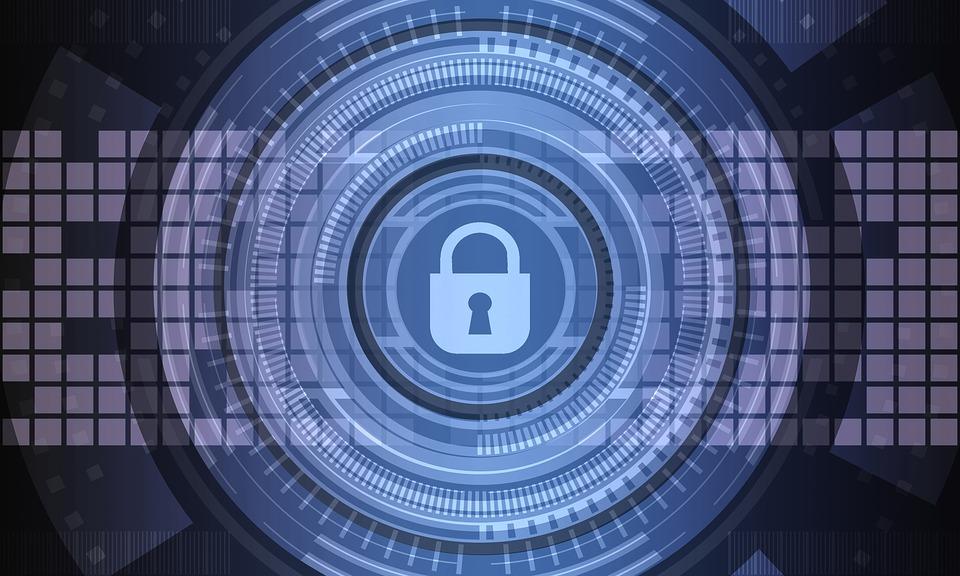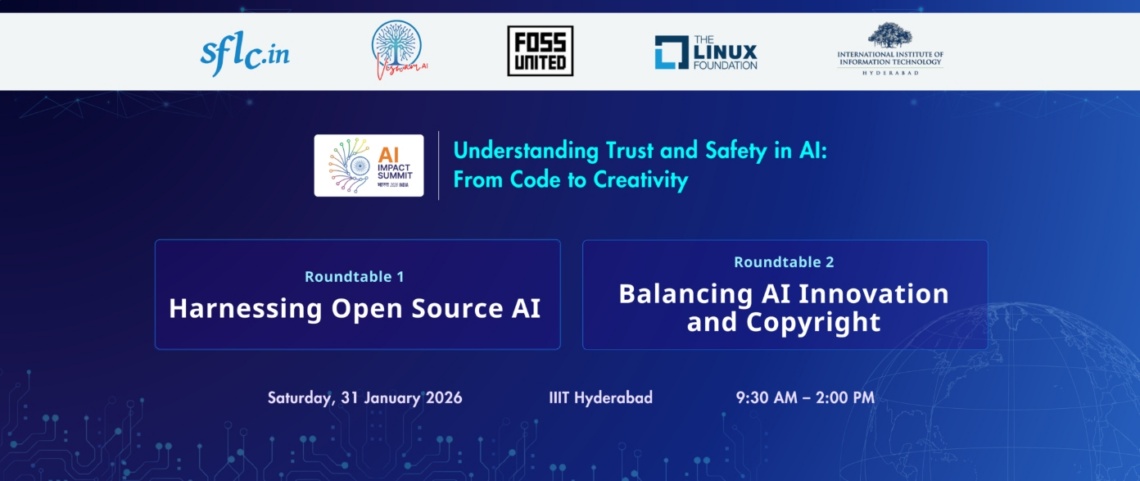Kerala High Court Declares ‘Right to Access Internet’ as a Fundamental Right
The Kerala High Court in a monumental decision has held ‘Right to Internet Access’ as a fundamental right. The Court declared that the right to have access to Internet becomes the part of right to education as well as right to privacy under Article 21 of the Constitution of India.
The petition was filed by Faheema Shirin, a hostel resident and student of Sree Narayana College, Chelanur, Kozhikode against the discriminatory girls’ hostel rules, specifically banning use of mobile phones from 6 PM to 10 PM which restricted them from accessing internet. The petitioner was subsequently arbitrarily expelled from the hostel on protesting against the rules.
Delhi based not-for-profit legal services organisation SFLC.in (Software Freedom Law Centre, India), intervened in the matter for the petitioner. In the counter-affidavit filed, SFLC.in brought to Court’s notice the arbitrary, unlawful and unconstitutional restrictions imposed on the female residents by the hostel authorities, specifically violations of Articles 14, 19(1)(a) and 21 which provide rights to equality, information and personal liberty. Restricting use of digital devices hampered the girl students’ ‘ability to access and use digital resources to learn and communicate’, thus putting them at serious disadvantage compared to their male counterparts.
Further, the invasive practices of confiscating the digital devices of students as violative of their Right to Privacy which was acknowledged as a fundamental right by the Supreme Court in J. K.S. Puttaswamy V. Union of India in 2017. Further, various state and central government policies and initiatives to digitise educational resources like SWAYAM platform were also presented.
Further, on women empowerment and anti-discriminatory practices, the Court relied on UN General Assembly Resolution dated 24th June, 2013; the Beijing Declaration and Apex Court Judgment in Vishaka v. State of Rajasthan & Ors. The Court, vociferously, stated while referring to attempts to discipline students ‘...who attained majority and those who want to enforce discipline as their guardian angels should be conscious of the need of the hour to get the children armed with the modem technique(s)’. Finally, the Court directed the respondent hostel to re-admit the petitioner without further delay.
The Hon’ble single judge bench of Justice PV Asha said, “the enforcement of discipline shall not be by blocking the ways and means of the students to acquire knowledge. They should be left to choose the time for using mobile phones. The only restriction that can be imposed should not cause any disturbance to other students.” Court while discussing the benefits of internet access using mobile phones stated that, apart from the facilities to read e-news, e-books, etc. one can undergo online courses also sitting at home or hostel. While acknowledging the importance of technology expressed, ‘…it is pertinent to note that rules and regulations require reforms to cope up with the advancement of technology and the importance of modem technology in day to day life’ and ‘it should be left to the students to choose the time for using mobile phone’.
“We intervened in the case because it was about protecting digital freedom, free speech and against censorship. I am glad that the court ruled in favour of the student and thus upheld the right to use the Internet as a fundamental right,” SFLC.in executive director Sundar Krishnan
The decision holds a significant bearing on promoting innovation and open access to knowledge and civil liberties for citizens in the digital world.
The judgement can be found below.




